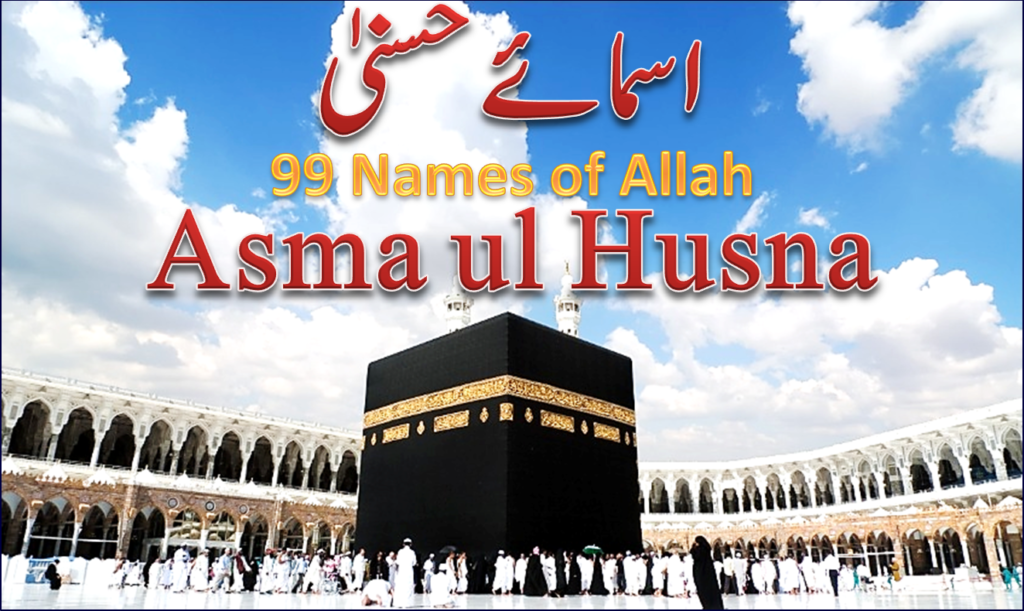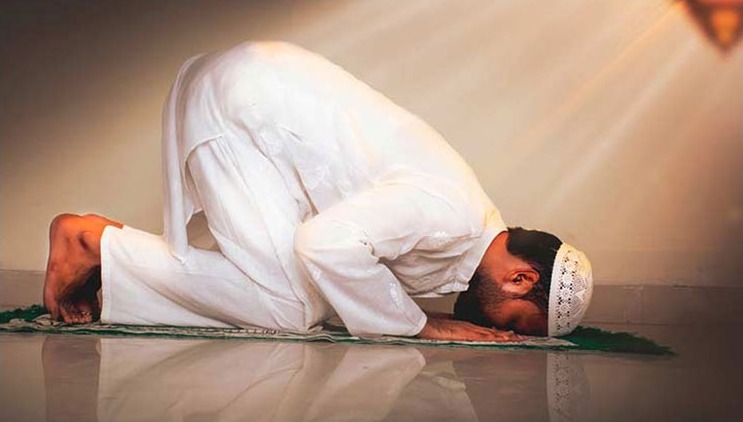Neom Saudi Arabia – Impact on Local Culture and Traditions
Introduction / What is Neom?
Neom is a project that aims to create a futuristic city in Saudi Arabia that will change the way we live, work, and play. Neom is a $500 billion project announced by Saudi Arabia’s Crown Prince Mohammed bin Salman in 2017. It is a new city that aims to be a model for sustainable living, innovation, and economic growth. The name “Neom” comes from the Greek word “neos,” which means new, and the Arabic word “mustaqbal,” which means future. The project is located in the northwestern region of Saudi Arabia, covering an area of 26,500 square kilometers, which is equivalent to the size of Belgium.
Vision and Goals of Neom Project
The vision of the Neom project is to create a city that is a hub for innovation, renewable energy, and technology. It aims to become a leading global destination for investors, entrepreneurs, and tourists. The goals of the project include:
- Creating a sustainable living environment with zero-carbon emissions and a focus on renewable energy.
- Providing a high quality of life for residents, with world-class healthcare, education, and recreation facilities.
- Promoting economic growth and diversification by attracting local and international businesses and investors.
- Embracing technology and innovation to create new industries and job opportunities.
- Fostering a culture of entrepreneurship and creativity.
Neom Progress Update – April 2023
The latest update on Saudi Arabia’s Neom project is that it is progressing well. The Neom project is still in its early stages, but progress has been made in various areas. In January 2020, construction began on the first phase of the city’s development, which includes a new airport, residential areas, and entertainment facilities. The city’s master plan was unveiled in July 2020, which includes designs for futuristic buildings, transportation systems, and public spaces. In October 2020, Neom signed a $5 billion contract with ACWA Power to develop a green hydrogen project, which will produce hydrogen from renewable energy sources. The Line, which is part of the $500 billion Neom mega project, has made significant progress as seen in new satellite images. The Line is a zero-carbon city that will be powered by renewable energy and will be home to one million people. According to a recent progress film released by NEOM, the project has moved to the building phase and the first destination – Sindalah – is due to open its doors in 2024. The film shows real-world footage of large-scale construction across NEOM regions including The Line, Trojena, Sindalah and Oxagon. There has been significant progress on construction plans for Saudi Arabia’s NEOM city, estimated to be worth $500 billion (SR1.9 trillion), this year.
Watch Video on Progress Update of Neom City
https://youtu.be/8SwQAwpTaX4?t=33
Impact on Religious and Traditional Values of Saudi Arabia.
The Neom project of Saudi Arabia is a massive undertaking that aims to develop a new city in the northwestern region of the country. While the project has the potential to bring significant economic growth and development to the region, there are concerns about its potential impact on Saudi Arabia’s religious and traditional values.
- Clash with the Traditional Islamic Culture. One of the main concerns is the potential dilution of Saudi Arabia’s Islamic culture and traditions. The Neom project is designed to be a modern, cutting-edge city that will attract investors and visitors from all over the world. This may lead to the introduction of Western-style values and norms that may clash with traditional Islamic culture.
- Shift in Focus From Holy Cities. Moreover, the development of Neom may lead to a shift in focus from the holy cities of Mecca and Medina, which are the heart of Islamic culture in Saudi Arabia. The government has sought to address this concern by emphasizing the importance of Islamic values and traditions in the development of Neom. For example, there are plans to build a mosque that can accommodate up to 1 million worshippers, which would be one of the largest in the world.
- Western Style of Life. Another concern is the potential impact of the Neom project on Saudi Arabia’s traditional way of life. Saudi Arabia is a conservative society with strict laws and regulations that govern social and cultural norms. The development of Neom may lead to the introduction of new ideas and values that may challenge these traditional norms.
- Entertainment and Nightlife against the Islamic Teachings. In addition to the above, the development of the entertainment and nightlife sector in Neom is also expected to have an impact on Saudi culture. Traditionally, Saudi Arabia has been a conservative society with strict laws and regulations that limit the types of entertainment and nightlife activities available.
- Liberal Society. Introduction of Western-style entertainment and nightlife may lead to conflicts with local customs and traditions. For example, traditional dress codes and gender segregation may clash with the more liberal norms of the entertainment industry.
- Violation of Islamic Decrees / Commandments. Neom city is planned to have many things which are strictly forbidden in Islam, for example:
- Cinema Clubs
- Night Clubs
- Wine venues / Bars
- Massage Centers
- Intermixing / gathering of opposite sexes
- Musical Nights / Music Festivals
So all above, is obviously against the Islamic teachings, norms and Sharia. Allowing all this, can play havoc with the local culture, religious / traditional values of Saudi Arabia. Saudi Government must see this project from this perspective as well. Government must take all necessary measures to protect and safeguard their culture and religion.
Conclusion
In conclusion, the development of entertainment, nightlife, bars, clubs, cinemas, massage centers, and wine clubs in Neom city has raised concerns about their potential impact on Saudi Arabia’s traditional values. While the Saudi government has sought to address these concerns by establishing a regulatory framework that emphasizes the importance of preserving Saudi Arabia’s Islamic and cultural values, there is still a risk that the introduction of these venues may lead to a dilution of traditional cultural practices.
FAQs:
- What is Neom City? Neom City is a planned megacity in the northwest of Saudi Arabia. It is being developed as part of Saudi Arabia’s Vision 2030 plan, which aims to diversify the country’s economy and reduce its dependence on oil.
- What makes Neom City unique? Neom City is unique in that it is being developed as a sustainable city with a focus on technology and innovation. It is also being developed as a free economic zone, which means that it will have its own laws and regulations that are designed to attract foreign investment.
- What impact will Neom City have on Saudi Arabia’s economy? Neom City is expected to have a significant impact on Saudi Arabia’s economy by creating new jobs and attracting foreign investment. The development of Neom City is also expected to help diversify the country’s economy by creating new industries and reducing its dependence on oil.
- Will Neom City have an impact on Saudi Arabia’s traditional values and culture? The development of Neom City has raised concerns about its potential impact on Saudi Arabia’s traditional values and culture. However, the Saudi government has emphasized that the development of Neom City will be done in a way that is consistent with the country’s values and traditions.
- When will Neom City be completed? Neom City is being developed in phases, with the first phase expected to be completed by 2025. The full development of the city is expected to take several decades.



